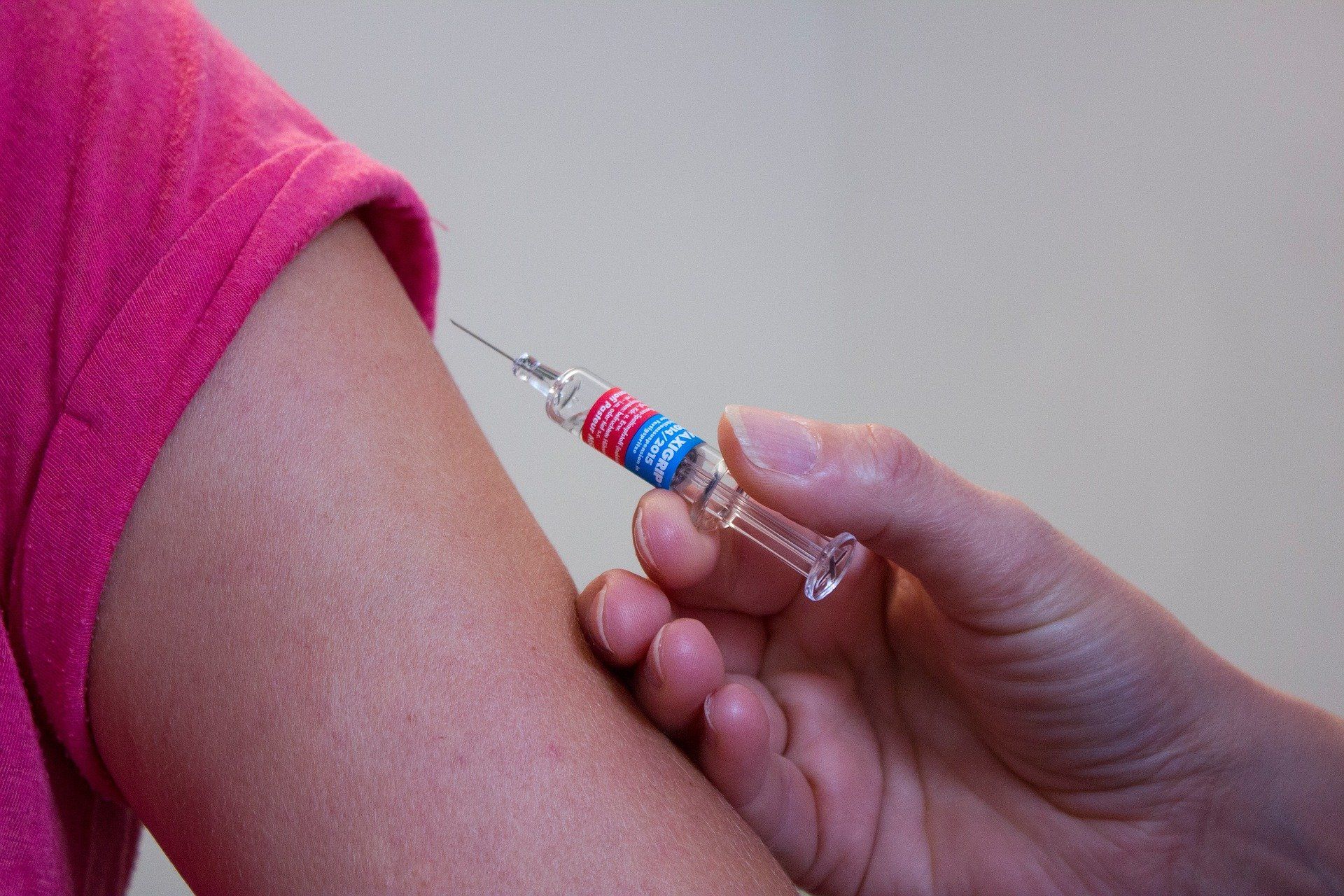
To Get the COVID-19 Vaccine or Not
To vaccinate or not to vaccinate? That seems to be one of the most common questions amongst friends, relatives, co-workers and the media. Now that there are two approved vaccines, it is just a matter of time before it is distributed and available to all Americans. There seems to be good reasons on both sides. Just to clarify, I’m not advocating for either side, I’m just foreshadowing potential parenting issues surrounding the COVID-19 vaccination decision. Making that decision for yourself is one thing, but what about your child? For parents that are divorced or no longer together, this can and will easily become a point of contention.
In most cases, the decision will depend upon the custodial order already in place by the courts.
- If one parent is granted sole legal custody, then he or she has the exclusive ability to make the COVID-19 vaccine for the child. In this case, the other parent’s objection does not have to be considered by him or her.
- If you share joint legal custody, then the two of you will need to discuss the vaccine issue and work it out unless one parent has been given final decision-making authority over medical decisions for the child. If that is the case, then that parent’s decision will stand. However, if a parent strongly disagrees with that parent’s decision then he or she should begin by requesting mediation to try to work it out amongst yourselves with your lawyers. You can also ask the court to help resolve the issue or petition the court to modify the parenting agreement.
If the vaccination dispute does go to court, you will need to be prepared to:
- Provide evidence supporting your decision. When I say “evidence” that is exactly what I mean. A judge will not consider a personal point of view, he or she will require real evidence from medical providers that have cared for the child and knows his or her medical history as well as testimony from medical experts regarding the COVID-19 vaccine.
- The judge will also take note of which parent has been most involved in the child’s medical care. If one parent has not been involved in other medical decisions, his or her opinion will most likely carry less weight in the judge’s final decision.
- Religious beliefs are strongly considered by the courts. However, judges are careful to assure the religious claim is not out of convenience to support a person’s side about vaccination.
In the end, the court will consider all factors presented but ultimately make the decision based upon the child’s best interest. For example, if it is in the child’s best interest to have as much protection as possible from the virus, then the judge will most likely rule in favor of the vaccine. On the other side, if a medical professional that has treated the child recommends he or she not get the vaccine, then it is not likely the court will rule in favor of the vaccine without additional evidence.
Besides two parents agreeing on whether or not their child will be vaccinated, I foresee many other issues on the horizon. For example, if you choose to be vaccinated and the other parent will not, is the child going to be allowed to visit the parent? My first advice is always for parents to communicate with one another. It is best to start discussing concerns about vaccinating and not vaccinating. The more you can work out on your own, the better. However, if you cannot come to an agreement or just want your joint decision added to an existing parenting agreement with a paragraph specifically related to the COVID-19 vaccine I can help you. Call today to discuss the COVID-19 vaccine and how it affects you and your family. Now is the time to resolve the issue before the vaccine becomes widely available. For the River Valley office call 479.434.2414 or for the Northwest Arkansas office call 479.802.6560.
